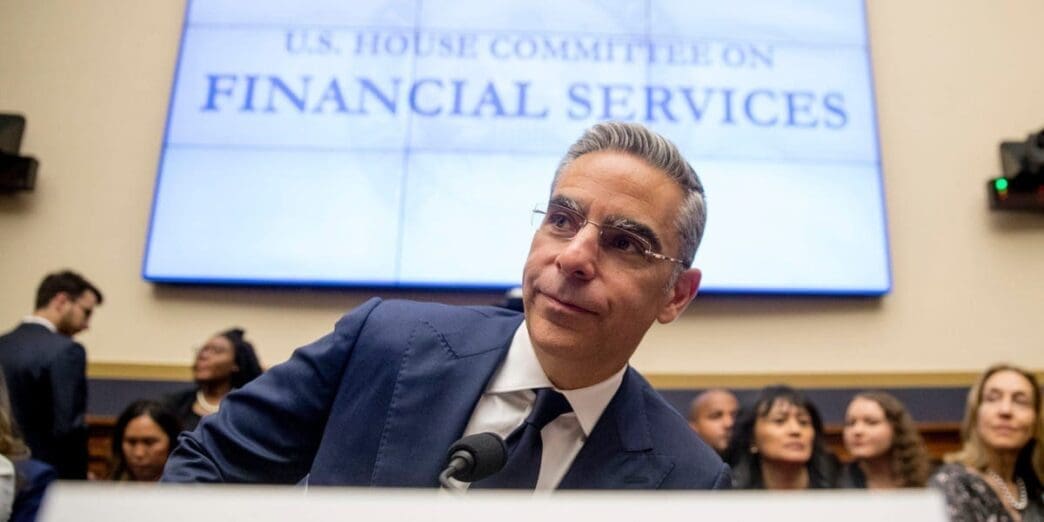David Marcus, a former executive at Meta, has attributed the downfall of the company’s ambitious Libra cryptocurrency project to regulatory influences, describing it as a ‘political kill.’
Libra, announced by Facebook in 2019, was intended to serve as a stablecoin digital currency, aiming to provide financial services to people globally, especially the ‘unbanked.’ However, it quickly encountered significant opposition from lawmakers and regulators. David Marcus, who once led the initiative, detailed the challenges and eventual cessation of the project in a revealing social media post.
In a post titled ‘How Libra Was Killed,’ Marcus shared insights into the regulatory challenges that Libra faced. He highlighted his testimonies before the Senate Banking Committee and the House Financial Services Committee in 2019 as a pivotal starting point for ongoing efforts to address regulatory concerns. Despite their efforts to comply with privacy, anti-money laundering, and consumer protection guidelines, Marcus felt that by 2021, regulatory pressures remained substantial.
Marcus recounted on social media a conversation he wasn’t present for, alleging that during a meeting, Treasury Secretary Janet Yellen expressed to Federal Reserve Chair Jerome Powell that allowing Libra to progress would be ‘political suicide.’ This conversation, Marcus believes, marked the end of Libra’s journey. Shortly after, the Federal Reserve purportedly communicated its discomfort with banks participating in the project, further influencing its closure.
Further complicating matters, a letter from US senators to participants of the Libra Association, such as Visa and Mastercard, warned of heightened regulatory scrutiny, not solely on Libra-related activities but on all payment operations. This scrutiny contributed to the collapse of support from major partners and the eventual disbanding of the Libra project.
In January 2022, the Diem Association, succeeding Libra, opted to sell its assets to Silvergate, a crypto-focused bank, for $182 million. Marcus argued that all regulatory concerns had been addressed by then, asserting that the project’s termination was entirely political, executed through pressure on financial institutions.
During congressional hearings, Mark Zuckerberg, Meta’s CEO at the time, testified, addressing concerns over the potential global financial disruption Libra might cause. He acknowledged widespread reluctance about Facebook leading such an initiative due to the company’s contentious history, including the Cambridge Analytica scandal.
Reflections on the project concluded that the initiative may have been overly idealistic, with Marcus suggesting that governments are reluctant to relinquish control over national currencies to a private entity. Marcus has since moved on to co-found a payments startup, Lightspark, continuing his work in the financial technology sector.
David Marcus’s reflections provide an insider’s perspective on the challenges faced by Meta’s cryptocurrency ambitions, highlighting the significant influence of regulatory bodies on innovation in financial technology.
Source: BusinessInsider








